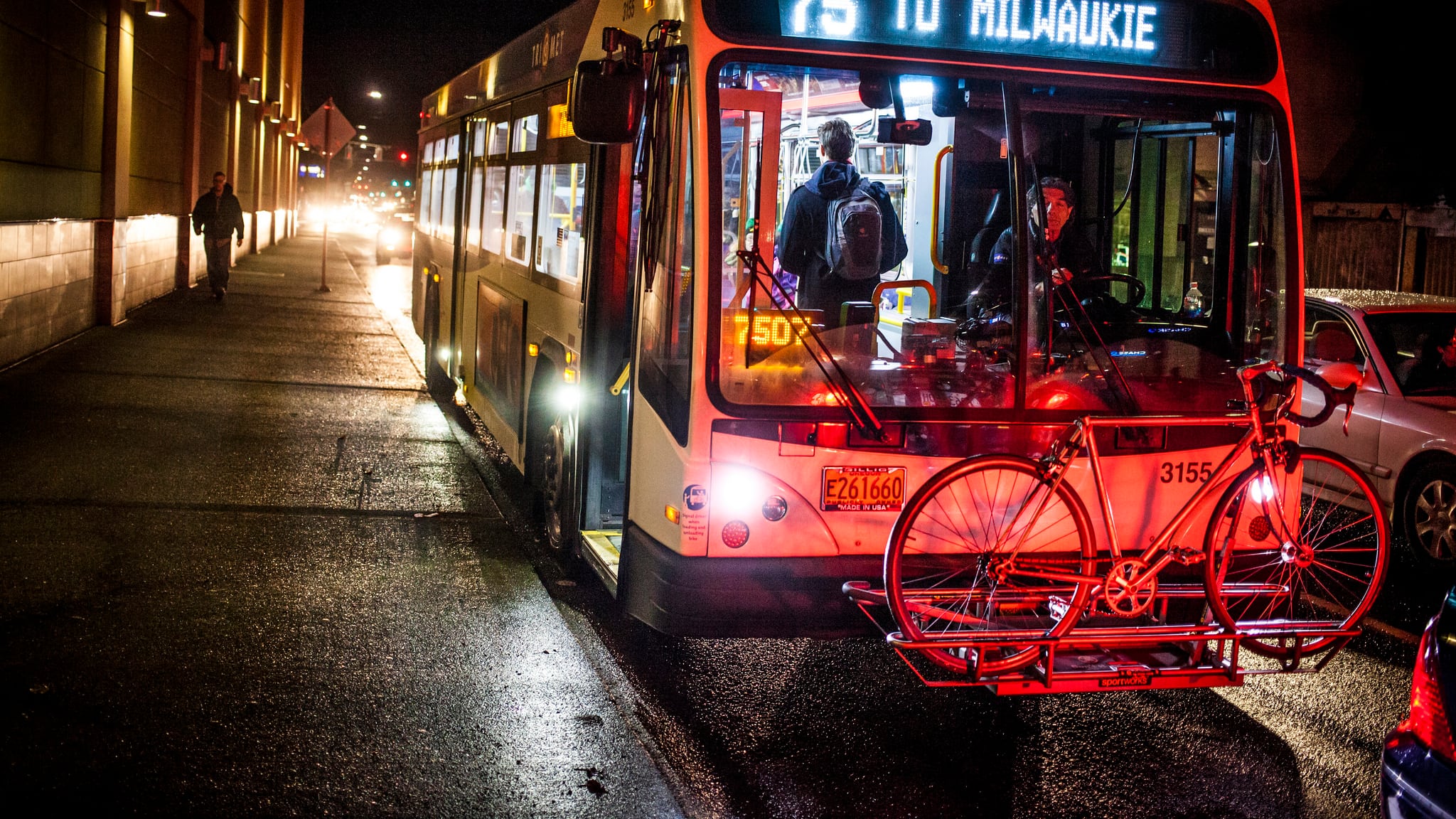Why do TriMet buses fart? Not the dainty hiss they let out at bus stops, but the lusty "PHBBBLLTTTT" they sometimes let fly while driving. Do bus drivers have a button that lets them passive-aggressively tell cars who ignore the yield sign to go suck gas? —Rider Using My Phone to Avoid Human Contact
Finally, someone with the guts to take on the issues that really matter. But before I answer your question, I'd like to address a related epidemic: Is it just me, or has everyone in town suddenly started leaning on their car horns a lot more?
It's hard to believe Portland drivers, previously known for being so excruciatingly considerate that they'd knife each other over who gets to go last at an unmarked intersection, have suddenly developed the horn etiquette of a taxi driver in Calcutta. But lately, whenever I pause for pedestrians in a crosswalk (you know, rather than running over them so the guy behind me can get to his destination three-tenths of a second sooner), I immediately get an earful.
Thus, Rider, your letter filled me with hope there might be some sort of automotive accessory, or perhaps a cabbage-based biofuel, that would allow me to respond to such hair-trigger whining with a sonorous blast of my own, ideally one accompanied by a toxic-smelling green cloud with little skulls-and-crossbones floating in it.
Sadly, neither my car nor TriMet's buses are going to be farting on command anytime soon. "It's automatic. There is no manual switch," says TriMet's Tia York.
Here's what's going on. Unlike your car, but like most other heavy vehicles, our buses use air brakes. These have several advantages over hydraulic brakes—they still work if the system has a minor leak, and there's no brake fluid to run out of.
However, air brakes do require an onboard compressor and air tank (which is one of the reasons we don't bother with them on passenger cars). If pressure in the tank gets too low, the compressor fires up. And if the pressure in the tank gets too high—well, you guessed it.

